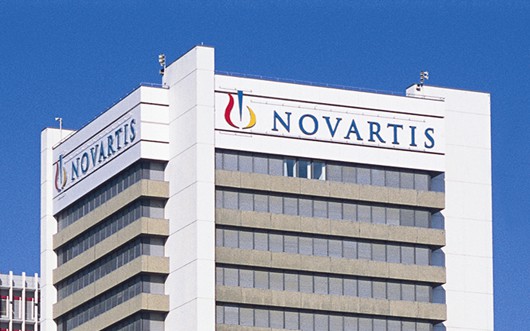
Multiple sclerosis patients in England and Wales look set to have just one interferon therapy option after draft NICE guidance backed routine funding for Novartis’ Extavia and rejected other drugs.
Novartis has offered a discount on Extavia (interferon beta-1b) which means it can be recommended as a cost-effective option for adults with relapsing- remitting MS or secondary progressive MS with continued relapses, according to the cost-effectiveness watchdog.
The appraisal rejected four other interferons – Biogen’s Avonex and long-acting variant Plegridy, Bayer’s Betaferon, and Merck Serono’s Rebif – as well as Teva’s non-interferon MS therapy Copaxone (glatiramer acetate) on the grounds that they did not offer value for money.
In what seems to be a hardball play, Carole Longson, director of the centre for health technology evaluation at NICE, said that the agency is “keen to work with the companies for the other drugs to ensure that patients continue to benefit from a choice in treatment for MS”.
According to NICE, Extavia has a list price per patient of £7,259 pounds per year, and the discount remains confidential, However, “glatiramer acetate and the other beta interferons are more expensive than Extavia, and the most likely cost-effectiveness estimates for these treatments compared with best supportive care are higher than what NICE normally considers acceptable”, says the draft guidance, which is open for comment until 24 January.
These drugs were previously available under a risk sharing scheme agreed between the Department of Health and the pharmaceutical companies.
The MS Society said the proposals won’t affect patients already taking the rejected drugs – or patients in Scotland or Northern Ireland – but new patients will only be offered Extavia.
“We’re worried about what this proposal means for the future of patient choice,” commented Genevieve Edwards, the charity’s director of external affairs.
“We have made so much progress on treatment options for people with MS, and it would be a significant step backwards if people with MS were now left with less choice and potentially no effective option.”
The MS Society is trying to mobilise patients and healthcare professionals to respond to the proposals and urge NICE to reverse its recommendation.




